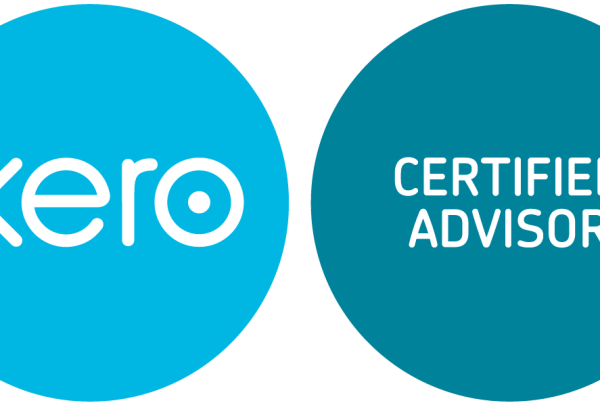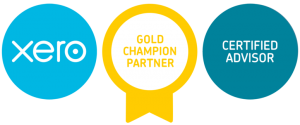So, you’ve decided to make the leap into business. Don’t panic! It can be fun but make sure you do your homework first. Here’s a simple guide to get you started.
The creative fun stuff!
Your business name and logo are often overlooked but they are the most important things to consider when building your brand. They need to grab attention, make a great first impression, be memorable and different from your competitors. To protect your brand, purchase the domain. It’s also worth registering the name at Companies House: even if you’re not going to trade as a limited company, this will stop the name being taken by someone else.
How do I fund my new venture?
Initially you will need to work out what the initial costs are, then prepare a cashflow forecast (normally 3 years) this will determine what lending you may need. There are many options including short term business loans, secured loans, unsecured loans, cash advances. The list goes on. We can help you with Funding Options and preparing cashflow statements.
Get Social!
A great way of getting noticed is on social media. Set up your business Facebook, Twitter and Instagram accounts and start engaging. Work on your website to promote your goods or services. Join a local networking group and start spreading the word. There is no point in having a great product if no one knows about it.
Decide whether you want to be a sole trader or a limited company
Take a look at our blog on the pros and cons of being a sole trader or limited company. Based on experience, most people start off as a sole trader and as the business grows, they transfer over to a limited company. Please bear in mind that although it’s doable, it’s harder to change from a company back to a sole trader.
If you decide to become a sole trader, you need to register for self-assessment with HMRC within 6 months from the end of the tax year you became self-employed.
If you go down the limited company route you will need to incorporate your limited company before trading. Once your trading status is determined, it’s time to open a business bank account.
What about PAYE and VAT?
If you are looking to employ people and pay them £118 or more per week (£512 per month) you will need to register for PAYE with HMRC. Employment law is a complicated area; to point you in the right direction take a look at our blog about things to consider before taking on staff.
Although the VAT registration limit is £85,000, you can voluntarily register from the start. My Accountancy Hub will complete all the necessary registrations should you become a client!
How do I keep my records?
Digital software can give you important facts and figures (as long as you keep it up to date). These figures determine where the business is heading, whether it’s profitable, who owes you money, what the sales trends are, and so on.
Take a look at our receipt bank blog, showing you a simple way to store your receipts digitally. It connects to Xero and is fully MTD compliant (if you’re VAT registered)
Do I need an accountant?
If you confident enough to prepare and file your own accounts, tax return, payslips and VAT returns when there’re due, then there is nothing stopping you! Remember to keep on top of minimum wage requirements, employment law and auto enrolment! It can be a minefield, and that’s why where’re here. To help you decide, take a look at our blog on “Do I need an accountant?”
If you have any questions about starting a business, don’t hesitate to get in touch.






